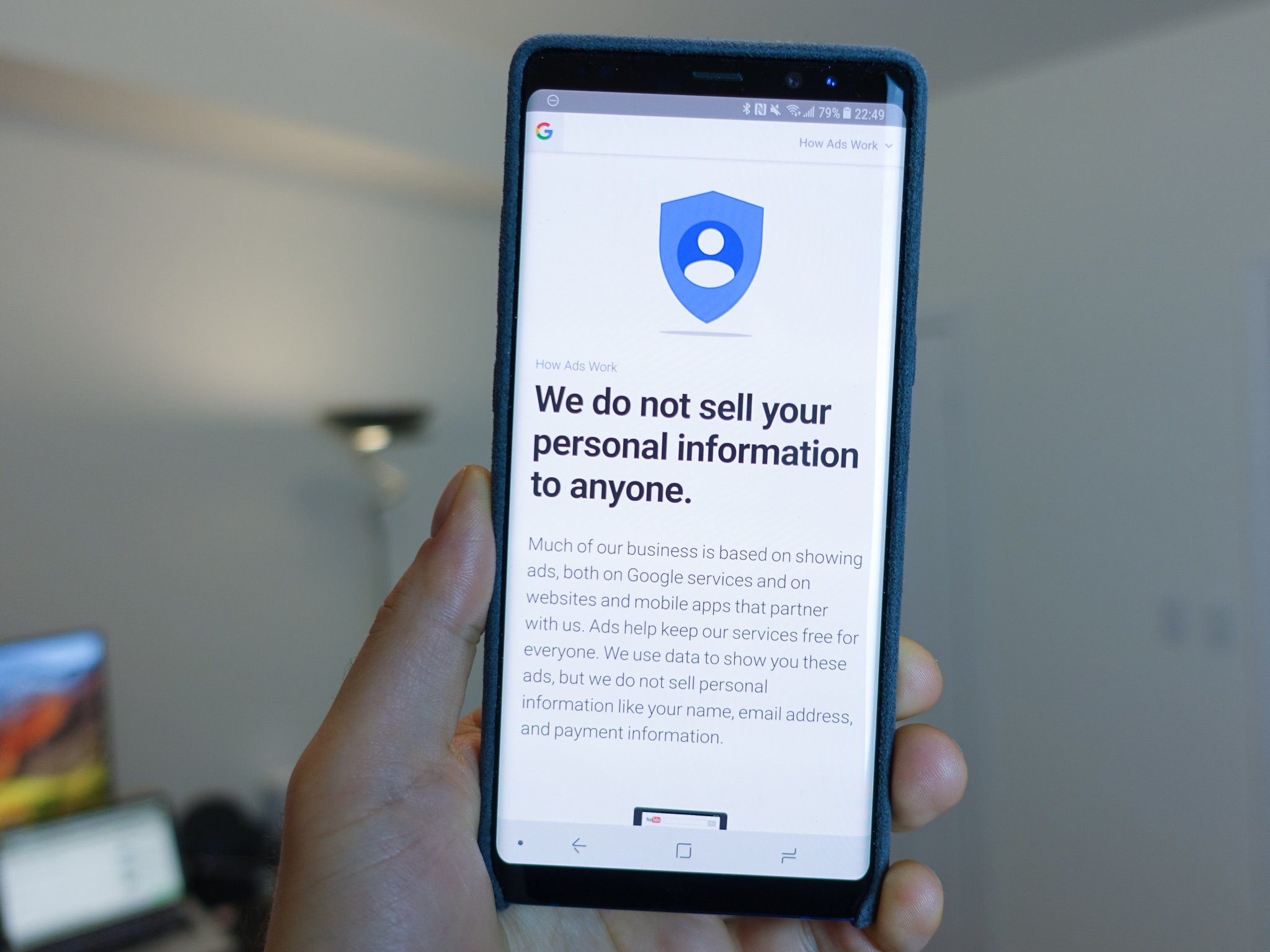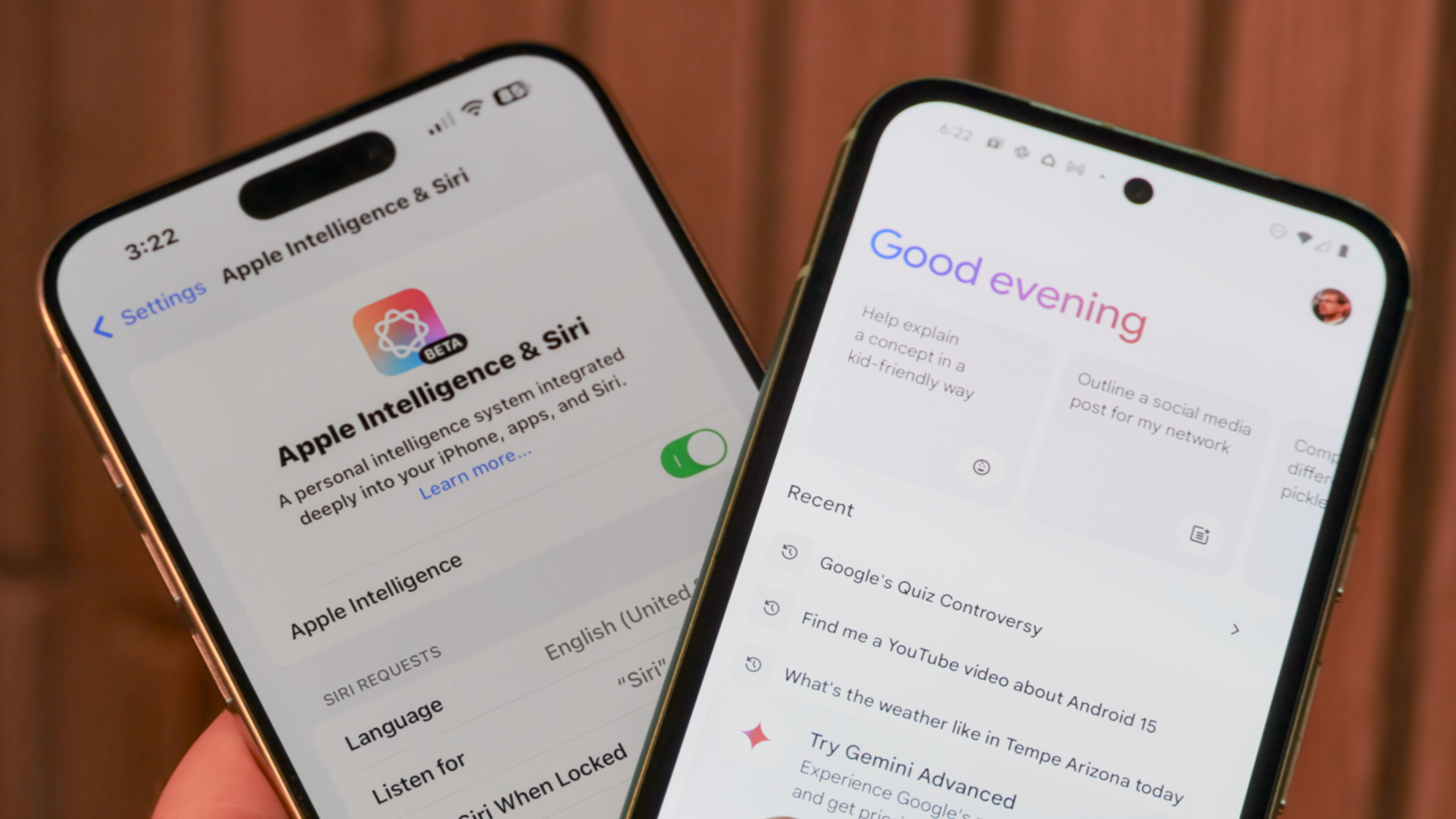UK regulators want feedback to ensure Google's Privacy Sandbox remains fair

What you need to know
- Google has provided a set of proposals for the development of its Privacy Sandbox initiative.
- The company will work with the UK's Competition and Markets Authority (CMA) on a more open, collaborative approach to the Privacy Sandbox.
- The commitments are the result of an investigation into the initiative back in January.
Google and UK regulators have announced a set of proposed commitments that will help to shape the search giant's Privacy Sandbox initiative.
The UK's Competition and Markets Authority (CMA) have stated that the purpose of these commitments is to "ensure that the design, development, and implementation of the Privacy Sandbox Proposals does not lead to a distortion of competition in the digital advertising markets."
With input from the Information Commissioner's Office (ICO), the CMA will oversee the development and implementation of Google's privacy initiative. The agency would require that Privacy Sandbox proposals "cover the relevant considerations that should be taken into account," such as the effects on ad competition, publishers, data protection principles, user experience, and the technical aspects of implementing any proposals.
Google would also be subject to increased transparency regarding its proposals, including the results of the tests it carries out and key timelines of the proposals. The CMA would work with Google to implement an open dialogue on the development of these proposals.
Despite the goals of the Privacy Sandbox to make the internet more private and secure, its first major proposal hasn't been well received by ad agencies, competing browsers, and regulators. There's an understandable lack of trust around Google's efforts, and a fear that the new FLoC technology and other Privacy Sandbox proposals will just give Google more control over the internet. The initiative was even included in an amended multi-state lawsuit against the company, alleging that it would "wall off the entire portion of the internet that consumers access through Chrome browser."
There has also been concern over Google's approach to its new FLoC technology, which is enabled by default. Fortunately, disabling it is fairly easy, whether on a computer or the best Android phones, and we can walk you through how to block Google's new FLoC web tracking. Some users may also have the new Privacy Sandbox toggle in the privacy settings on Chrome.
Despite the backlash, Google has maintained that it will comply with the CMA and work with the agency to ensure its efforts will benefit the involved parties. The company has pledged not to build backdoors in its FLoC technology so that it won't have an unfair advantage over competitors, something it reaffirmed in a blog post on Friday.
Get the latest news from Android Central, your trusted companion in the world of Android
We will play by the same rules as everybody else because we believe in competition on the merits. Our commitments make clear that, as the Privacy Sandbox proposals are developed and implemented, that work will not give preferential treatment or advantage to Google's advertising products or to Google's own sites.
The CMA and Google are asking the public to provide feedback on the proposed commitments and whether or not they adequately address concerns over unfair competition. The deadline is July 8.
Have you listened to this week's Android Central Podcast?

Every week, the Android Central Podcast brings you the latest tech news, analysis and hot takes, with familiar co-hosts and special guests.

Derrek is the managing editor of Android Central, helping to guide the site's editorial content and direction to reach and resonate with readers, old and new, who are just as passionate about tech as we are. He's been obsessed with mobile technology since he was 12, when he discovered the Nokia N90, and his love of flip phones and new form factors continues to this day. As a fitness enthusiast, he has always been curious about the intersection of tech and fitness. When he's not working, he's probably working out.
